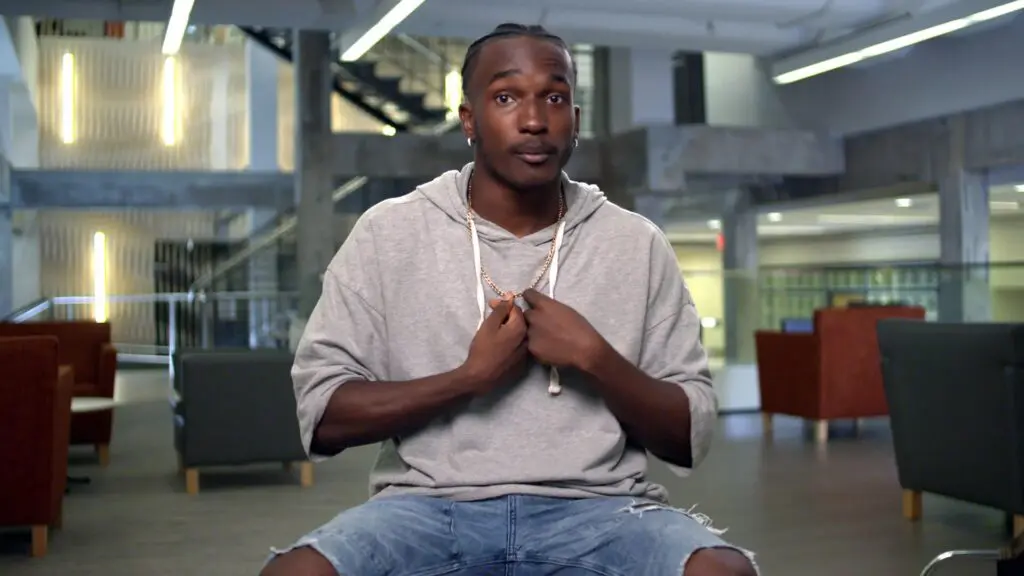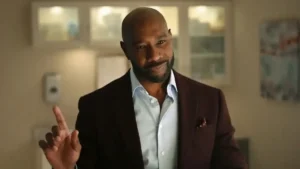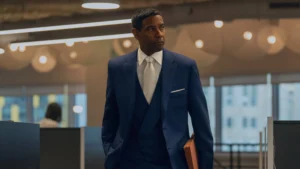Summary
Deaf U provides a fascinating insight into the deaf and hard of hearing community, while also hitting the usual beats of college-age social politics, romance, and drama.
In some ways, Deaf U, an eight-episode docuseries which follows several students from Gallaudet University, a liberal arts college in Washington, D.C., is typical Netflix fare. It’s about complicated, clique-y social politics and relationships, and young people’s attitudes to sex and social media explored through an assemblage of talking heads, the revealing of family backstories, and the usual occasions that punctuate a semester of college. The hook, though, is that Gallaudet is a college for the deaf and hard of hearing and that Deaf U is executive produced by actor, model, and disability rights activist Nyle DiMarco. As well as being about all these other typical college-age themes and fixtures, it’s also about how they’re experienced in the deaf community, and what it’s like for someone to grow up in that community.
The beauty and power of the show is that it explores this topic entirely free of sensationalism, a perspective informed by the creative team being largely comprised of members of the deaf community. It isn’t about being deaf, but about people just like you and me and everyone else who happen to be deaf while coming of age. It’s a frankly refreshing, entirely unsanctimonious approach that doesn’t gloss over how the deaf experience is unique but also emphasizing how it doesn’t make those who experience it particularly different.
The normalization and representation of such communities are obviously important, and this, I think, is the right way to do it; not as a finger-wagging lecture, but as a frank depiction of people whose particular struggles and experiences you might not necessarily have considered, and against whom you might have formed prejudices that are completely unearned. The deaf community also incorporates a range of hearing experiences that Deaf U is careful to acknowledge.
Perhaps most fascinating is how other prejudices and stigmas still infiltrate this community, particularly those of sexuality and class. An elitist upper-class represented by the scions of non-hearing families is a particularly telling example of the latter, and how they interface with other students who have their own, perhaps not entirely traditional social identity is proof that very few experiences are truly divorced from humankind’s worst, most exclusionary attitudes. As the first reality show focusing on deaf people, Deaf U makes a point to highlight these things loud and clear, possibly to people for whom this is their first exposure to deaf culture. The message comes across loud and clear.




